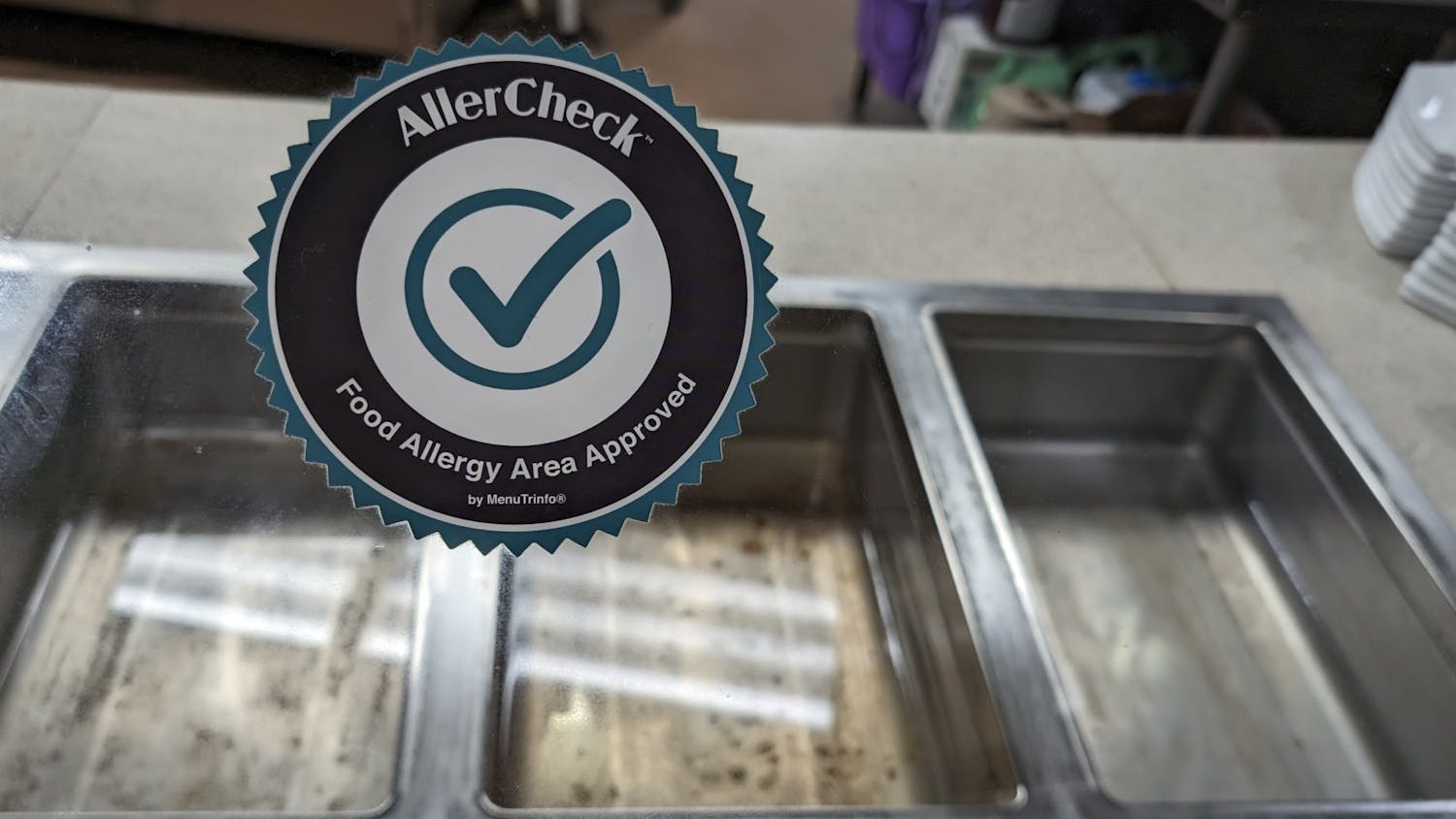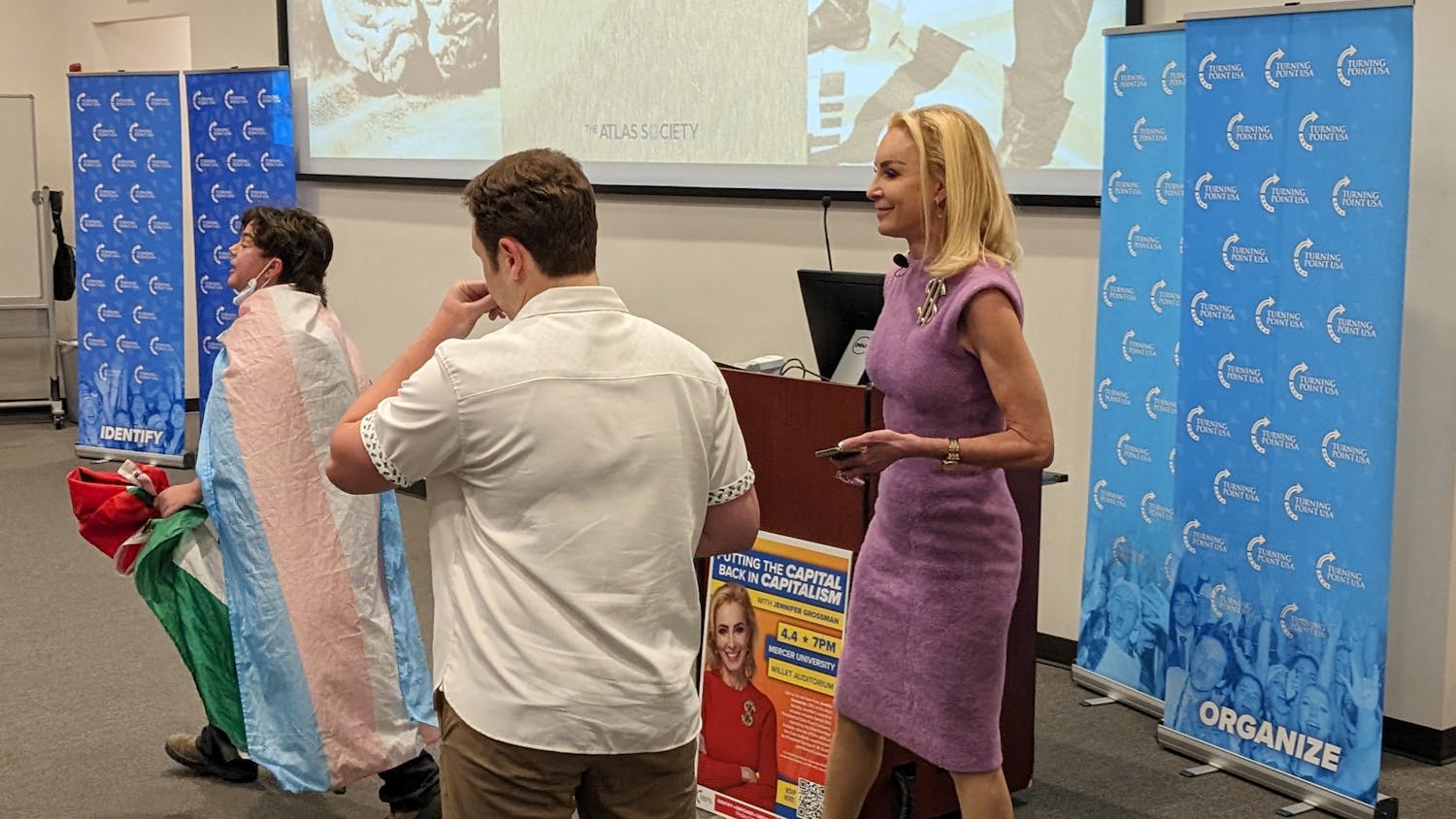Mercer’s business students will have the opportunity to travel to Rwanda this summer and help widows and orphans of the Rwandan genocide launch businesses.
A new Mercer on Mission program to Rwanda will be a two-and-a-half-week blend of service-learning and study abroad experience open to both graduate and undergraduate students. Classes for the program will be held in Henry County, the halfway point between the Atlanta and Macon campuses.
“What I really think is unique is that they are specifically targeting an at-risk group in Rwanda from the 1994 genocide who have very specific issues, that is that they are financially destitute,” McMahan said.
The President of the Republic of Rwanda Paul Kagame came to visit Mercer’s Professional campus in celebration of Stetson School of Business 30th anniversary. During this time, the university also announced its launching of the Rwanda Mercer on Mission trip.
The idea for the program came about from a request for proposals for new Mercer on Mission Programs that Dr. Craig McMahan, the University Minister, sends out to faculty each year.
This year, he received an interesting proposal from two business faculty members from the Atlanta campus, Etienne Musonera and Gerry Mills, who suggested creating a Mercer on Mission program to Rwanda. This particular Mercer on Mission is designed to and find ways to help the aid widows and orphans of the Genocide become more financially stable, primarily through entrepreneurial programs.
What makes the program unique is that this will be the second time that Mercer’s Stetson School of Business will be participating in a Mercer on Mission program.
Although the Genocide occurred nearly 20 years ago, Rwandan citizens are still feeling its devastating effects. The country’s economic infrastructure took a serious nose-dive after the genocide.
“When the tables have been tilted against a people, the recovery is generational because all the resources that people have generally relied on to boost themselves out of a hole are taken away from them,” McMahan said.
These marginalized groups of people who have survived the genocide often find themselves in a difficult position to propel out of poverty. According to the 2014 Index of Economic Freedom, over 80 percent of Rwandans depend on subsistence agriculture.
McMahan expects to admit anywhere ranging from 10 to 14 undergraduate and graduate students into the program.
“They’re going to be looking for majors and minors who have interest in international business (and) who have an interest in entrepreneurial work with a small business and who are willing to travel outside the comforts of Middle Georgia,” McMahan said.
McMahan said that students will receive the chance to work one-on-one with the Rwandan orphans and widows, to help them launch their own businesses and to help lay a foundation for a more entrepreneurial community in the country.
“We really want to bring the University’s intellectual capital and capacity to real world problems,” McMahan added.
Organizing a Mercer on Mission trip to a developing country poses challenges, but in order to ensure that the program is successful, McMahan said that he is working closely with faculty members.
“We have very clear protocols on how we want to run the program in terms in what kind of things we are looking for,” McMahan said. “I’m going to be working especially close with them to make sure that the kind of things that we know that create success in programs are going to be integral to the programs that they run.”
New Mercer on Mission program to Rwanda

Rwandan President Paul Kagame Visits Stetson School of Business and Economics, Announces New Mercer On Mission Initiative




